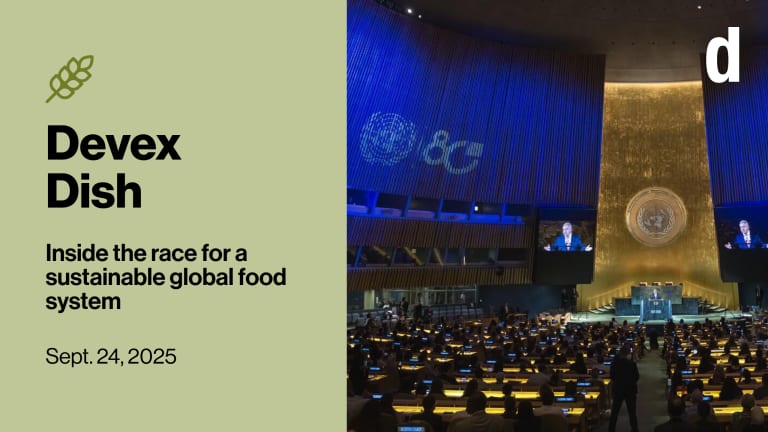Aid organizations preparing for famine in war-ravaged Sudan are warning that “millions will die” unless governments act on delays and restrictions in obtaining desperately needed visas for their staff.
More than 100 applications are stalled — about 30 of them for more than three months — and the visas issued last for only two months. They are also single entry, preventing workers from returning to Sudan if they leave during that period.
In contrast, staff working for the World Food Programme and other United Nations organizations receive multientry visas for at least six months, often lasting for up to one year, INGOs in Sudan said.
Printing articles to share with others is a breach of our terms and conditions and copyright policy. Please use the sharing options on the left side of the article. Devex Pro members may share up to 10 articles per month using the Pro share tool ( ).




